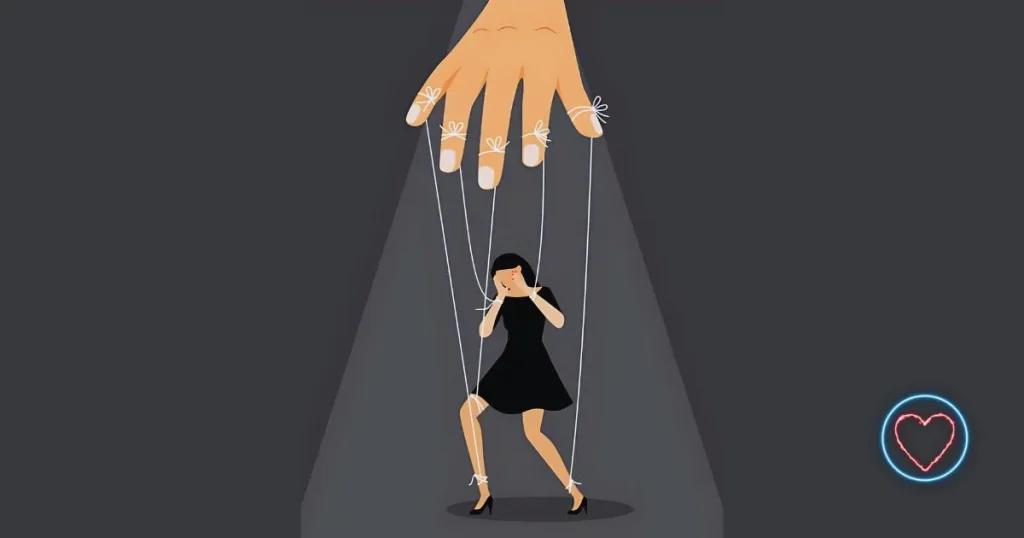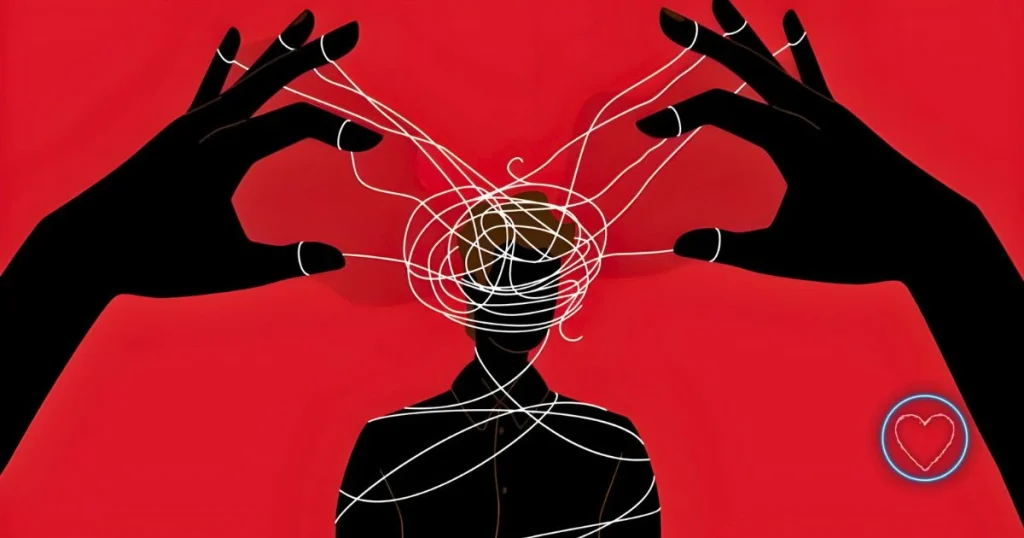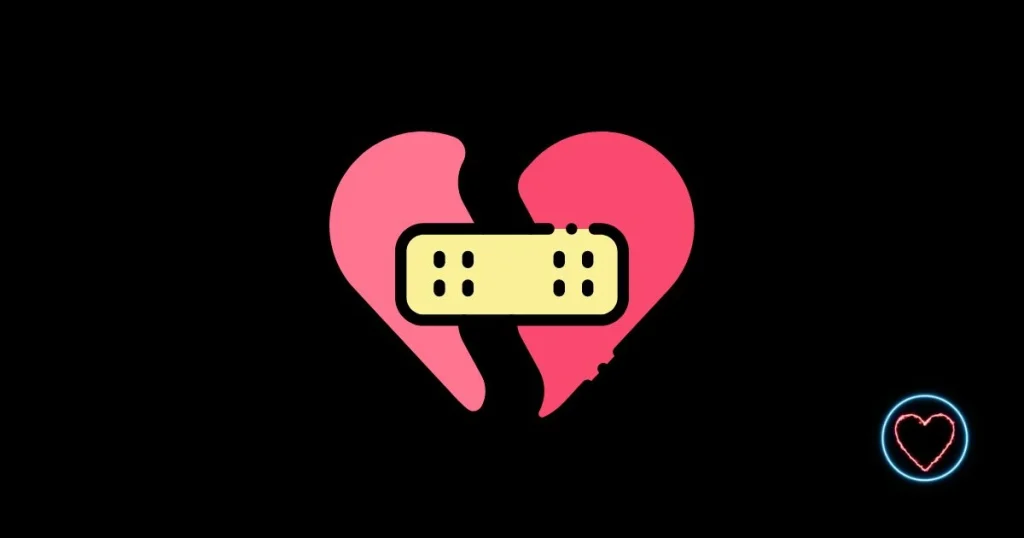Love should be a sanctuary, but in the hands of a manipulator, it becomes a trap. Not all controlling relationships are obvious. Some operate like emotional cults—subtly eroding autonomy, rewriting truth, and reprogramming identity. In these psychological prisons, love isn’t given freely; it’s demanded, worshipped, and used as a weapon. The result? One partner becomes the puppet. And the strings? Guilt, fear, charm, and control.
Let’s dive into the eerie world of emotional cults—where manipulative partners become charismatic leaders, and the people who love them end up questioning their own sanity.
The Cult Leader in Disguise
Charismatic. Charming. Magnetic. These are the first impressions. Like cult leaders, emotional manipulators don’t show their true colors upfront. They mirror interests, shower affection, and idealize their partners. It feels intense, intoxicating—like fate.
But this idealization is a tactic. It isn’t real intimacy. It’s a setup.
As soon as emotional dependency forms, the shift begins. The leader no longer needs to impress. Now, they seek control. They undermine self-esteem, isolate their partner from outside influence, and slowly replace independent thought with their own version of reality.
The Ritual of Love Bombing
Just like cults that overwhelm newcomers with praise and inclusion, emotional manipulators use love bombing to hook their victims. It’s a psychological high: excessive compliments, promises of forever, and relentless attention.
But the purpose is control. When the partner becomes addicted to the high, they’ll crave it when it disappears—and it always does. That withdrawal period? That’s when the real manipulation starts.
Now the puppet learns to perform for the reward of love.
Rewriting Reality
Cults isolate people from alternative perspectives. Manipulators do the same. They distort facts, deny past statements, and twist logic. This isn’t forgetfulness; it’s gaslighting.
Gaslighting makes the partner question their memory, perception, even sanity. “That never happened.” “You’re too sensitive.” “You always make things up.” These phrases aren’t arguments—they’re psychological warfare.
Over time, the victim learns to silence their own instincts and doubts. The only truth they trust becomes the manipulator’s.
Isolation as a Doctrine
No cult can thrive with outside interference. Emotional manipulators isolate their partners from friends, family, and even hobbies. It starts subtly: “Your friends don’t really care about you.” “Your sister’s always in our business.” “You spend more time with them than with me.”
The goal? Erase support systems. Once the puppet has no one else, the controller becomes their only lifeline. And with that dependency, escape becomes even harder.
Emotional Blackmail as Scripture
Guilt is the holy scripture in emotional cults. Every action becomes a test of loyalty. Every disagreement turns into betrayal.
“I can’t believe you’re hurting me like this.”
“If you leave, I’ll fall apart.”
“You don’t care about me at all.”
These emotional threats are designed to keep the puppet dancing. The manipulator always plays the victim—even when they’re the one causing pain.
Identity Erasure
In cults, individuality is dissolved in favor of group identity. In emotional cults, personal identity is reshaped to fit the manipulator’s preferences. Fashion changes. Opinions shift. Goals disappear.
The partner begins abandoning dreams, passions, even core values—not through force, but through guilt, pressure, and conditional love.
Eventually, they no longer recognize who they are without the relationship.
Rituals of Control
Control isn’t always loud. It can be quiet, methodical. Constant check-ins. Suspicion masked as concern. Rules that seem harmless but add up:
- “Text me when you get there.”
- “Don’t post that—it makes you look desperate.”
- “I need to know who you’re with.”
These behaviors build a cage, one bar at a time. And each time the partner complies, the strings tighten.
Confession Cycles
Cults use confession to maintain control. So do manipulators. They push their partners to confess every thought, doubt, or past mistake—then use it against them.
“I know what you’re capable of.”
“Don’t forget who forgave you.”
Even harmless details become ammunition in emotional arguments. The puppet, now fearful of being misinterpreted, stops sharing altogether.
The Savior Complex
Just like cult leaders claim to save their followers, manipulators paint themselves as the only person who truly understands, protects, or loves their partner.
“No one else will love you like I do.”
“They don’t see the real you—I do.”
This narrative becomes a trap. The partner starts to believe they’re unworthy of love outside this dynamic, further deepening the emotional dependency.
Public Perfection, Private Chaos
To the outside world, everything seems perfect. Manipulators are masters of performance. Smiling selfies. Heartfelt posts. Acts of generosity.
But behind closed doors, there’s tension, fear, and confusion. The partner becomes trapped not just in the relationship, but in the image they’re expected to uphold.
It’s hard to ask for help when no one sees the pain.
The Fear of Disloyalty
Even small acts of independence can be labeled betrayal. A private conversation, a solo outing, or a differing opinion sparks accusations. This keeps the puppet walking on eggshells—constantly overthinking every move.
The manipulator wants full allegiance, and anything short of that is seen as disloyalty.
Breaking Free: The Deprogramming
Leaving an emotional cult isn’t just about walking away. It’s about breaking a mental and emotional spell. It takes time, support, and deep inner work.
The first step is recognizing the manipulation. Naming it. Understanding that love shouldn’t feel like fear.
Rebuilding involves:
- Reconnecting with loved ones
- Seeking therapy or support groups
- Reclaiming passions and hobbies
- Challenging distorted beliefs
And most importantly, learning to trust oneself again.
Why It’s So Hard to Leave
People often ask, “Why didn’t they just leave?” But anyone who’s lived inside an emotional cult knows: it isn’t that simple.
Fear, guilt, dependency, and self-doubt are powerful chains. The manipulator doesn’t need to lock the door—because the partner forgets the door exists.
Escaping means not just leaving the person, but undoing the entire psychological architecture built over time.
Spotting the Red Flags Early
Not all manipulation starts as abuse. Many of these patterns develop slowly. That’s why early awareness matters. Here are some red flags to watch for:
- Intensity that feels overwhelming early on
- Disrespect for boundaries
- Rewriting past events to suit their narrative
- Isolation from friends and family
- Using guilt to win arguments
- Making love feel conditional
When these signs show up consistently, it’s not just a toxic relationship—it may be the beginning of an emotional cult.
Final Thoughts
Manipulative relationships don’t always leave bruises, but they leave scars—on the mind, identity, and soul. Emotional cults don’t need buildings or robes; they only need one skilled manipulator and one trusting partner.
Breaking free isn’t a weakness. It’s a return to self. And in that return lies the power to cut the strings and never be a puppet again.
Real love liberates. Anything else is a cult in disguise.




















